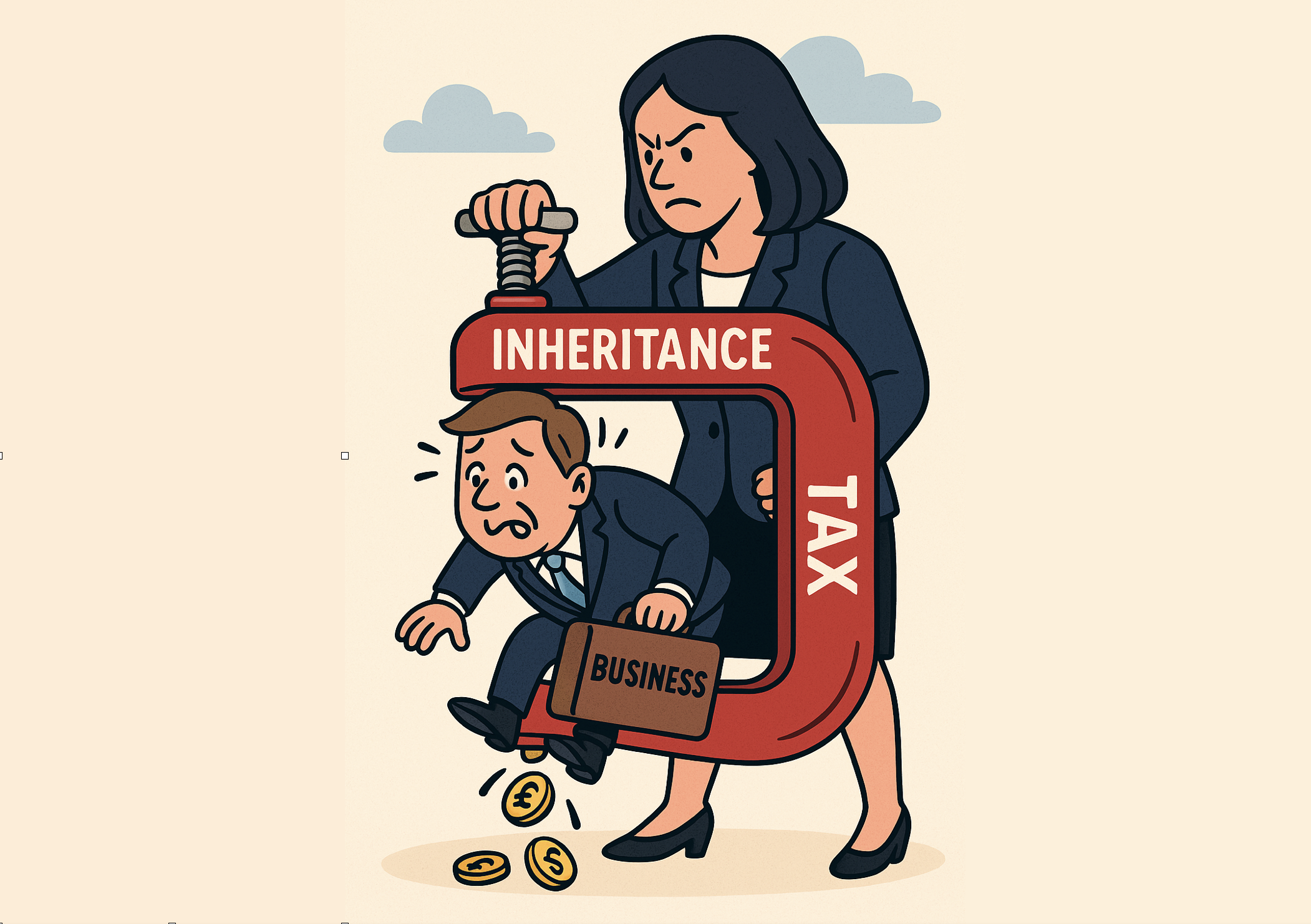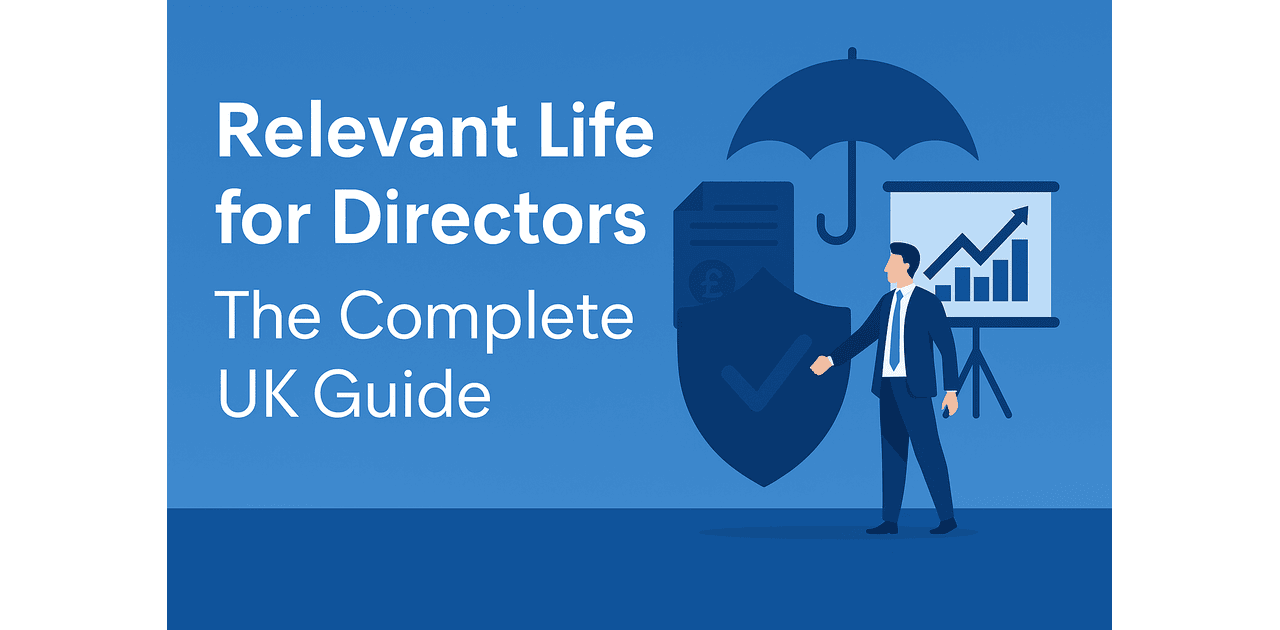Massive Risk to UK Companies That Have Business Partners
Published
6 October 2025 | 4 min read
Article Summary
An increasing number of UK businesses with multiple shareholders could lose control of everything they’ve worked for — and it all comes down to what happens if just one shareholder dies.
It’s a scenario most business owners don’t want to think about, but the reality is unavoidable. If a partner passes away, their shares don’t simply disappear. In most cases, they transfer to the deceased’s family or estate. Suddenly, you could find yourself running your company alongside a spouse, children, or relatives who may have no interest, experience, or alignment with your business vision.
For many companies, this is the start of serious disruption — and in the worst cases, the beginning of the end.
The Hidden Risks of Business Partnerships
Most business owners assume that if something happens to a partner, the company can simply carry on. Unfortunately, the reality is very different.
When a shareholder dies or becomes critically ill:
- Their shares usually pass to their family or estate – meaning you may suddenly have a new “business partner” with no experience or interest in running the company.
- Disagreements are common – family members may want to sell their shares for cash, while the remaining partners want to keep the business stable.
- Loss of control is a real threat – if the family decides to sell shares externally, ownership could shift outside of the original team, even into the hands of competitors.
- Financial strain can escalate quickly – buying back shares from a grieving family, often at a high valuation, can place huge pressure on company cash flow.
And these aren’t just hypothetical risks.
A real-world example: We worked with a client who was in a 50/50 partnership. When one partner sadly passed away, his wife inherited the shares. The business needed a small loan to recover, but the bank required a personal guarantee. The surviving partner was ready to sign, but the new shareholder — the deceased partner’s wife — refused. As a result, the bank wouldn’t lend, and the business was forced into administration.
Without the right planning, situations like this can turn a thriving company into a cautionary tale almost overnight.
The Simple Solution Most Businesses Overlook
The sad truth is that the example above — and countless others like it — could have been avoided. All it would have taken was a specific type of life insurance policy called shareholder protection insurance.
Shareholder protection is designed to make sure that if a business partner dies (or is diagnosed with a critical illness, if included), the remaining shareholders have the funds to buy back their shares quickly and fairly. Instead of the shares passing to a spouse or family member, the business regains control — and the family receives a lump sum of money, giving them financial security without the burden of involvement in the company.
The benefits of shareholder protection include:
- Business continuity – ownership stays with the people who built the business, ensuring decisions remain aligned with its vision.
- Financial security for the family – the deceased partner’s family receives a fair payout, without the stress of having to get involved in the company.
- Avoiding disputes – clear legal agreements, backed by insurance, remove uncertainty and potential conflicts.
- Peace of mind for all partners – knowing that everyone is protected brings stability and confidence to the business.
In short: it protects both the company and the families involved, ensuring that one unexpected event doesn’t unravel everything.
In Summary
Running a business with partners brings huge advantages — but it also carries hidden risks that many owners overlook. The death or serious illness of a shareholder can instantly throw a company into uncertainty, create disputes, and even lead to collapse, as we’ve seen all too often in real cases.
The good news is that these risks are entirely preventable. With shareholder protection in place, you can safeguard control of your business, protect your family’s financial future, and give yourself the peace of mind that the company you’ve built won’t be lost to chance.
If you’re a business owner with one or more partners, ask yourself: do we have a plan in place if the worst happens? If the answer is no — now is the time to put one in place.
Next Step for Business Owners
If you’re in business with partners, shareholder protection isn’t a “nice to have” — it’s a cornerstone of safeguarding everything you’ve worked for. Don’t wait until it’s too late.
Now is the time to review your shareholder agreements and speak with a specialist adviser about putting protection in place. A short conversation today could prevent years of disruption tomorrow.



